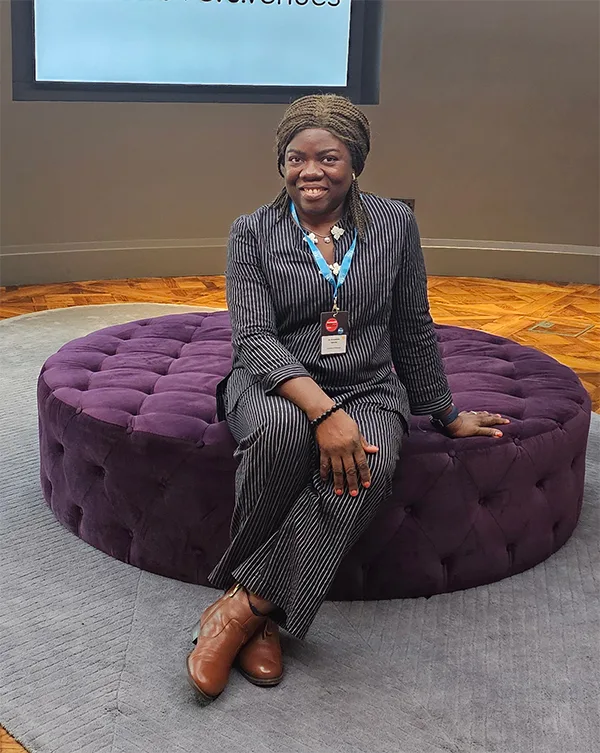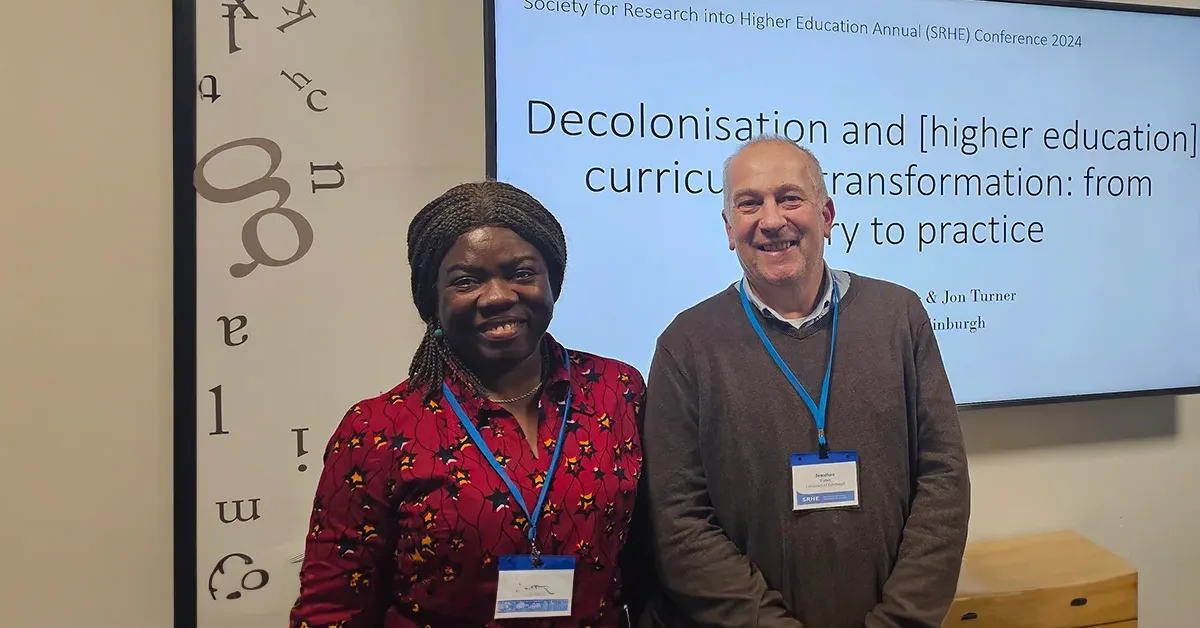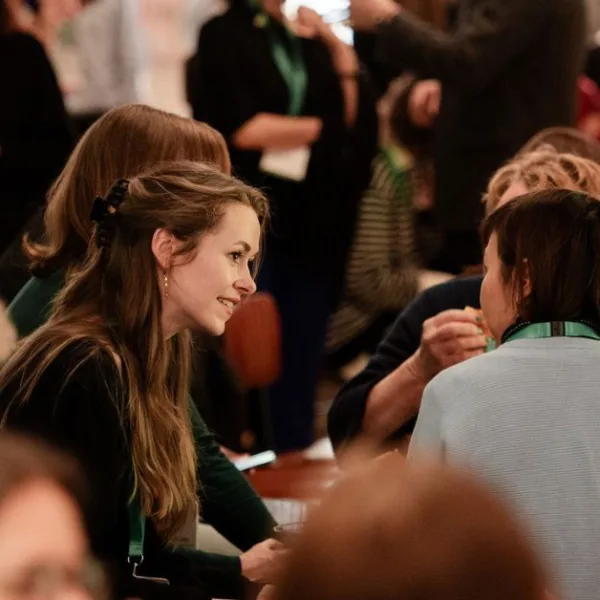‘Blackness’ remains a label that reminds us of the enduring bequest of racialisation. Yet, it is difficult to disentangle from this racialised appellation in the quest to address the pernicious impact of racial hierarchisation, racialisation and racism.
The 2025 Black History Month’s theme, ‘Standing firm in power and pride’ reflects the conundrum of recognising the impact of being deigned as Black and firm resistance to a historical contrivance with continuing impact on how one is seen and perceived as ‘Black’.

Hence, the attention to Black History Month evokes a quiet disquiet, as one cannot shed the ramifications of the experiences of Black lives, all year round, in a racialised world.
Marking Black History Month in 2025 feels different, in the aftermath of the release of the final report on ‘Decolonised Transformation: Confronting the University of Edinburgh’s History and Legacies of Enslavement and Colonialism’. Across all six parts, the report evokes a difficult but inescapable journey that charts the historical origins of racist thinking, that underpinned the violence of colonialism and enslavement, through to present-day racism, and its disproportionate impact on ‘Black’ people, like me.
Truly understanding the past
The report lays bare how the University’s professors and alumni developed and upheld racial theories that dehumanised Africans, paving the way for justifications for enslavement and colonialism.
Direct benefits to the University as ‘philanthropic gifts’ from individuals involved in African enslavement and colonialism, include historic endowments lasting until now, ensuring present-day material and financial benefits to the University.
As noted by the authors of the report, the historical findings mirror similar examination of ties to slavery and colonialism embarked upon by other institutions in the UK and globally.
But Edinburgh’s Race Review goes further, to examine staff and student statistics, as well as the racial climate in the University today. The findings from the data gathering and the surveys point to a grim picture of under-representation and stagnation of Black staff and students, whose numbers remained relatively unchanged over the five-year period covered in the report.
As a racialised-minority Black female alumni and staff member at the University of Edinburgh, and at a human level, it is impossible not to ponder on what the Race Review means. Everyone deserves to have their hopes and aspirations. Life experiences should not be constrained by the circumstances of birth, over which none has control.
The Race Review represents a lot of hard and brave work by the team of authors, led by Professor Tommy Curry and Dr Nicki Firth, to bring to the open, historical accounts of the University’s entanglement with enslavement and colonialism, and the impact of the racial divide that disproportionately affects Black staff and students’ access and success at the University.
How to approach the future
It is therefore of utmost importance to pay close attention to the report’s recommendations to inform actions. The recommendations are wide ranging.
My reflections emphasise the mattering of Black lives: the statistics are not just numbers. They represent real people, learning and working in the University.
The theme of Black History Month to ‘Stand firm in power and pride’ does not only have to relate to Black people. Every ally and leader can stand alongside their Black counterparts, with unwavering commitment to address the adverse effects of racism on staff and students, and find pathways for success in navigating institutional structures at different levels.
It is a great opportunity to be appointed by the Principal, Professor Sir Peter Mathieson, to co-lead with Fiona McClement, the University EDI Lead, the institutional response to the recommendations of the Race Review.
The Race Review Response Group includes academic and professional colleagues from across the University. The members’ roles and expertise are integral for taking forward the recommendations outlined in the Race Review report.
We cannot underestimate the enormity of the task ahead. We are also keen to maintain clear communication and engagement with our internal and external communities, to ensure that our learnings from the past will drive our actions to influence the present, and contributions to advancing inclusivity and racial equality in our university, and beyond.
We will stand firm. In power. And pride.





